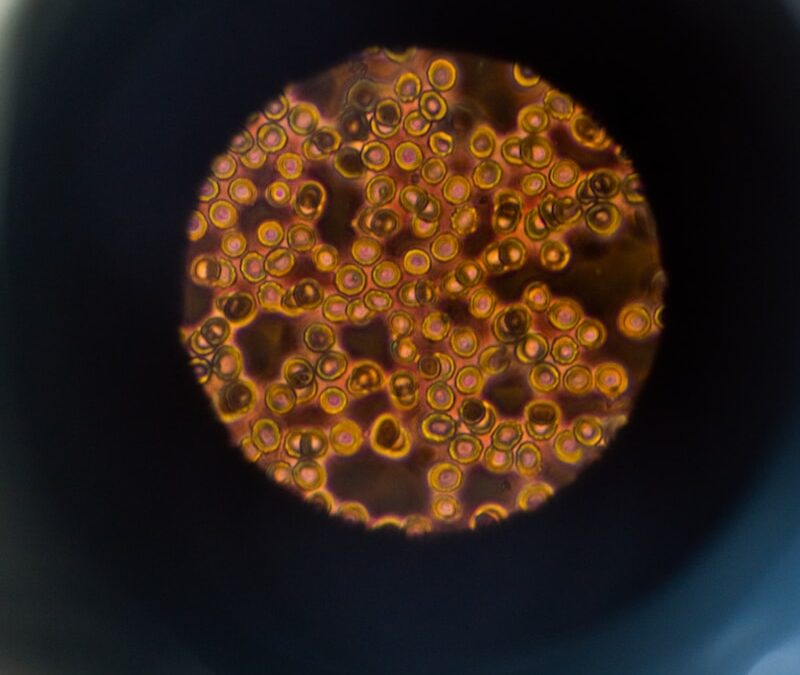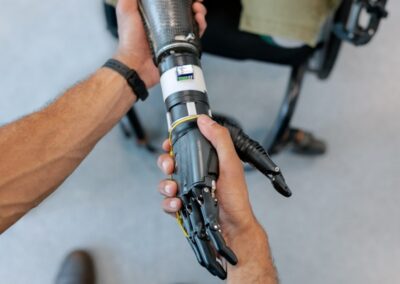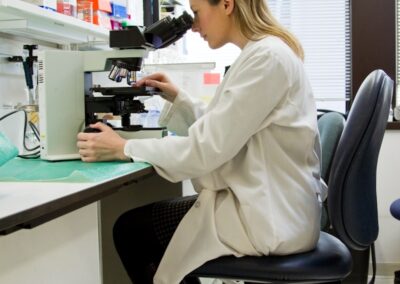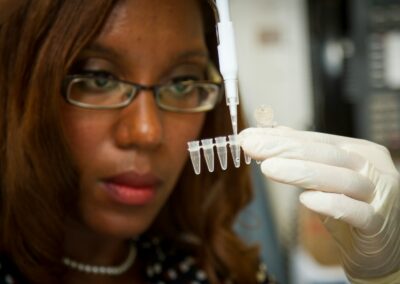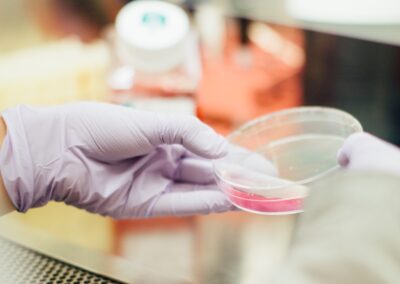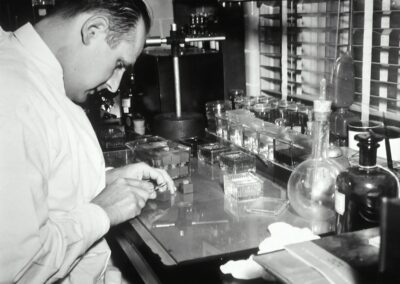Ethical Foundations in Genetic Engineering
The Role of Ethics in Scientific Advancements
The rapid advancements in genetic engineering have opened up unprecedented possibilities for human enhancement, raising significant moral considerations that influence how scientists and policymakers approach this transformative technology. In regions like Saudi Arabia and the UAE, where scientific innovation is highly prioritized, these ethical concerns are at the forefront of discussions about genetic engineering. The ethical frameworks guiding genetic engineering are critical in ensuring that scientific progress does not compromise fundamental human values and societal norms.
One of the primary ethical concerns in genetic engineering is the potential for unintended consequences. As scientists in Riyadh and Dubai explore the possibilities of enhancing human capabilities through genetic modifications, they must consider the long-term impacts on individuals and society. This includes potential risks such as genetic discrimination, social inequality, and unforeseen health issues. Ethical guidelines help navigate these complexities by promoting responsible research practices and ensuring that the potential benefits outweigh the risks.
Furthermore, the concept of playing “God” by altering human genetics touches on deeply held moral and religious beliefs. In Saudi Arabia and the UAE, where cultural and religious values are integral to societal fabric, policymakers must ensure that genetic engineering aligns with these values. This involves engaging with religious scholars, ethicists, and community leaders to create policies that reflect the ethical and cultural context of the region. By fostering inclusive dialogues, these countries can develop a balanced approach to genetic engineering that respects both scientific curiosity and moral considerations.
Balancing Innovation and Ethical Responsibility
While the potential for genetic engineering to enhance human abilities is immense, it is crucial to balance innovation with ethical responsibility. In Saudi Arabia and the UAE, regulatory bodies play a vital role in overseeing genetic research and ensuring that it adheres to ethical standards. These regulations are designed to protect individuals from exploitation and to ensure that genetic modifications are conducted transparently and responsibly.
In Riyadh, for example, the King Abdullah International Medical Research Center (KAIMRC) has established ethical guidelines for genetic research, emphasizing the importance of informed consent and the protection of participant privacy. These guidelines ensure that research is conducted with the utmost respect for human dignity and autonomy. Similarly, in Dubai, the Dubai Health Authority (DHA) regulates genetic research to ensure that it aligns with both international standards and local ethical norms.
Moreover, the use of genetic engineering for human enhancement raises questions about fairness and equity. There is a risk that such technologies could exacerbate existing social inequalities if access is limited to certain segments of the population. To address this, policymakers in Saudi Arabia and the UAE are exploring ways to make genetic enhancements accessible and affordable to all, ensuring that the benefits of scientific advancements are equitably distributed. By promoting inclusive policies, these countries can harness the potential of genetic engineering to improve public health and enhance quality of life for all citizens.
Policy Frameworks and Public Engagement
Developing Comprehensive Policy Frameworks
The development and use of genetic engineering for human enhancement require robust policy frameworks that address both scientific and ethical dimensions. In Saudi Arabia and the UAE, policymakers are tasked with creating regulations that foster innovation while safeguarding ethical standards. These frameworks are essential for guiding research, ensuring public safety, and maintaining societal trust in scientific advancements.
One key aspect of policy development is the establishment of ethical review boards that oversee genetic research projects. These boards, composed of scientists, ethicists, and community representatives, evaluate research proposals to ensure that they meet ethical guidelines and regulatory requirements. In Riyadh, the Saudi Health Council has implemented such review processes to oversee genetic engineering projects, ensuring that they align with national health priorities and ethical standards.
In addition to regulatory oversight, international collaboration is crucial for developing comprehensive policies. By participating in global discussions and adhering to international ethical standards, Saudi Arabia and the UAE can benefit from shared knowledge and best practices in genetic engineering. This collaborative approach helps harmonize national policies with global trends, fostering a supportive environment for scientific innovation while upholding ethical principles.
Engaging the Public in Ethical Discussions
Public engagement is a critical component of ethical policy development in genetic engineering. In Saudi Arabia and the UAE, involving the public in discussions about the moral implications of genetic enhancements helps build societal consensus and trust. By creating platforms for dialogue, policymakers can better understand public concerns and values, which are essential for shaping ethical and inclusive policies.
In Riyadh, initiatives such as public forums and educational campaigns are being implemented to raise awareness about genetic engineering and its ethical implications. These efforts aim to demystify the science behind genetic modifications and provide a platform for citizens to voice their opinions. Similarly, in Dubai, the government is leveraging digital tools and social media to engage the public in discussions about the future of genetic engineering and its impact on society.
Effective public engagement also involves transparent communication about the benefits and risks of genetic engineering. By providing clear and accurate information, policymakers can help the public make informed decisions and foster a sense of ownership over scientific advancements. This transparency is crucial for building trust and ensuring that genetic engineering developments are aligned with societal values and ethical standards.
Conclusion
The development and use of genetic engineering for human enhancement present both incredible opportunities and significant ethical challenges. In regions like Saudi Arabia and the UAE, where technological innovation is rapidly advancing, the integration of ethical considerations into scientific and policy frameworks is essential. By balancing innovation with ethical responsibility, fostering public engagement, and developing robust regulatory frameworks, these countries can lead the way in ensuring that genetic engineering advancements benefit all of society while respecting fundamental moral principles.
#GeneticEngineeringEthics #HumanEnhancement #Bioethics #AIinBiotechnology #GeneticEngineeringInSaudiArabia #GeneticEngineeringInUAE #RiyadhScience #DubaiInnovation

